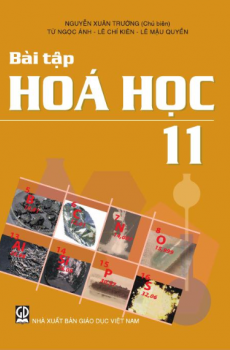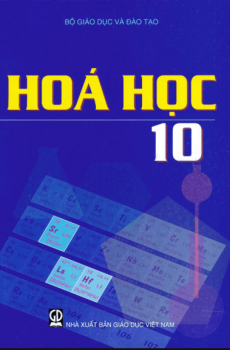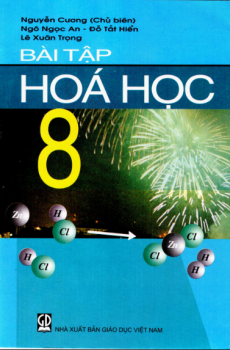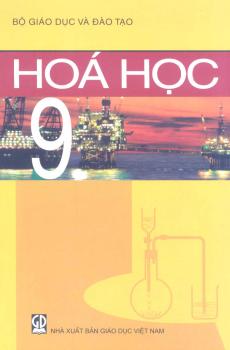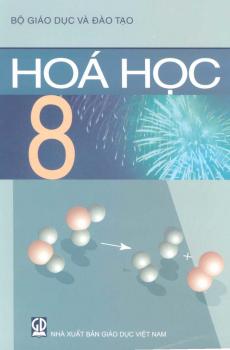Elements of Chemistry, In a New Systematic Order, Containing all the Modern Discoveries
Elements of Chemistry, In a New Systematic Order, Containing all the Modern Discoveries
Đăng nhập để đọc sách và tải về file pdf miễn phí
| Nhà xuất bản | Chưa rõ |
|---|---|
| Nhà xuất bản sách tiếp cận | Public domain |
| Năm xuất bản | 2009 |
| Coppy right | Chưa rõ |
When I began the following Work, my only object was to extend and explain more fully the Memoir which I read at the public meeting of the Academy of Sciences in the month of April 1787, on the necessity of reforming and completing the Nomenclature of Chemistry. While engaged in this employment, I perceived, better than I had ever done before, the justice of the following maxims of the Abbé de Condillac, in his System of Logic, and some other of his works.
"We think only through the medium of words.—Languages are true analytical methods.—Algebra, which is adapted to its purpose in every species of expression, in the most simple, most exact, and best manner possible, is at the same time a language and an analytical method.—The art of reasoning is nothing more than a language well arranged."
Thus, while I thought myself employed only in forming a Nomenclature, and while I proposed to myself nothing more than to improve the chemical language, my work transformed itself by degrees, without my being able to prevent it, into a treatise upon the Elements of Chemistry.
The impossibility of separating the nomenclature of a science from the science itself, is owing to this, that every branch of physical science must consist of three things; the series of facts which are the objects of the science, the ideas which represent these facts, and the words by which these ideas are expressed. Like three impressions of the same seal, the word ought to produce the idea, and the idea to be a picture of the fact. And, as ideas are preserved and communicated by means of words, it necessarily follows that we cannot improve the language of any science without at the same time improving the science itself; neither can we, on the other hand, improve a science, without improving the language or nomenclature which belongs to it. However certain the facts of any science may be, and, however just the ideas we may have formed of these facts, we can only communicate false impressions to others, while we want words by which these may be properly expressed.



